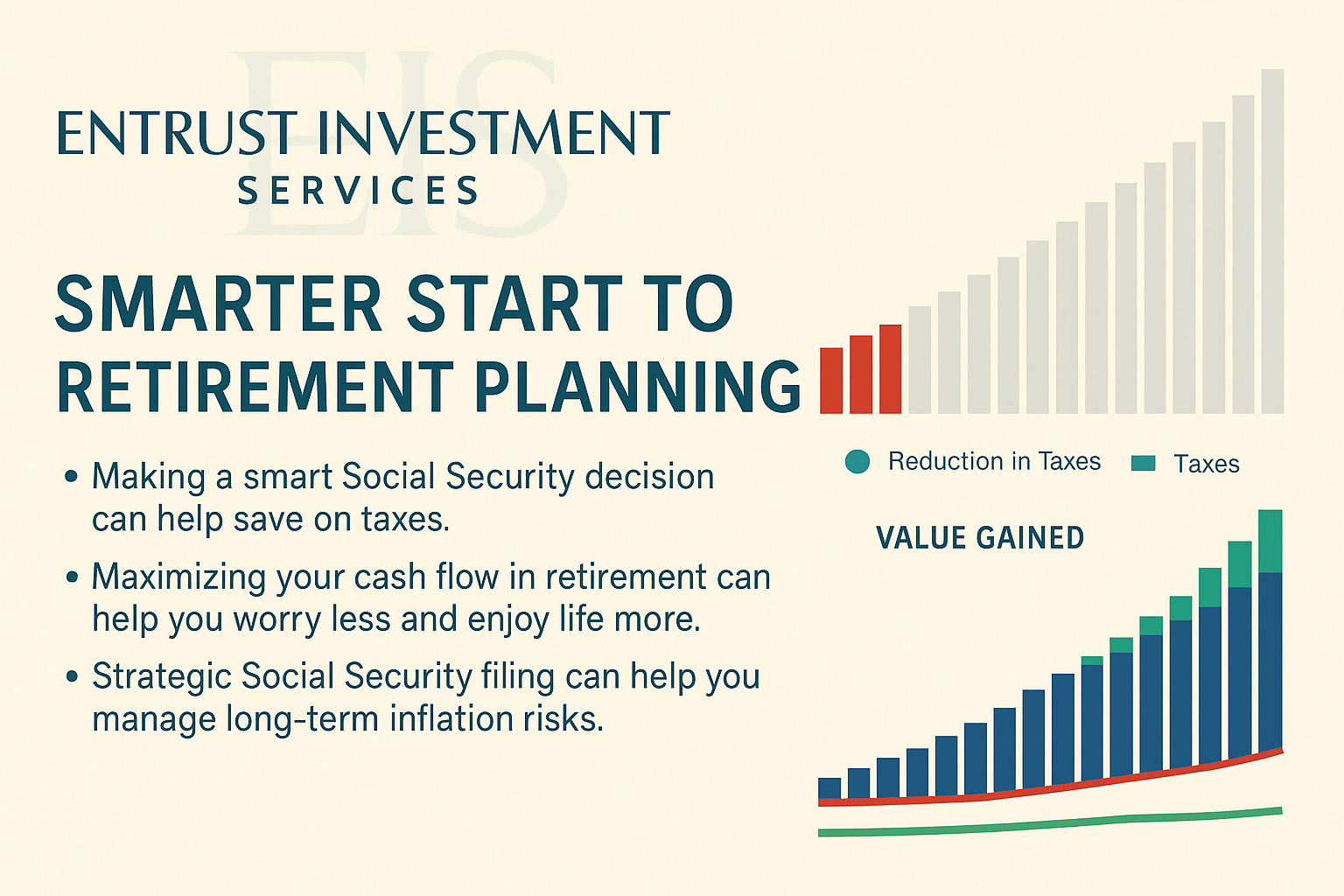Introduction: Roth IRAs are a popular tool for ensuring a tax-free retirement. For individuals with traditional IRAs or 401(k)s, achieving these benefits is possible through a process called Roth conversion.
What is a Roth Conversion?: Roth conversion means transferring funds from a traditional IRA or 401(k) into a Roth IRA. This process requires the individual to pay taxes on the converted sum in the year of the conversion. The payoff? The potential for tax-free withdrawals later in retirement.
Benefits of a Roth Conversion:
- Tax-Free Withdrawals: After a set period and age, withdrawals from the Roth IRA are completely tax-free, providing peace of mind in retirement.
- No RMDs: Roth IRAs aren't subjected to Required Minimum Distributions, giving you more control over your funds.
- Balancing Tax Implications: By converting to a Roth IRA, you can manage how much income you'll pull from taxable versus non-taxable accounts in retirement, optimizing your tax situation.
Key Considerations Before a Conversion:
- Current vs. Future Tax Rates: Consider if your current tax rate is lower than what you anticipate in retirement. If so, converting might make sense.
- Conversion Costs: You'll need to pay taxes upon converting. Ideally, this should be done using funds outside the IRA, so you're not eating into your retirement savings.
- Market Timing: Be wary of market volatility. If your IRA's value falls after conversion, you've paid tax on peak value.
The 5-Year Rule and the 10% Early Distribution Tax: If you withdraw from your Roth IRA within five years of conversion, you might face a 10% early distribution tax on some of those funds. However, there are exceptions to this rule:
- Attaining the age of 59½.
- Permanent disability.
- Inheritance of an IRA.
- Using funds for a first home.
- Equal periodic payments.
- Medical expenses exceeding 7.5% of your AGI.
- Unemployment-related medical insurance payments.
- Educational expenses.
- Distributions due to an IRS levy.
- Certain reservist distributions.
Each Roth conversion has its own separate 5-year period. For instance, a conversion done in 2022 starts its count from January 1, 2022.
Conclusion: Converting to a Roth IRA can be a strategic move towards a more tax-efficient retirement. However, individual circumstances vary, and it's crucial to consult with a financial professional before making decisions.




